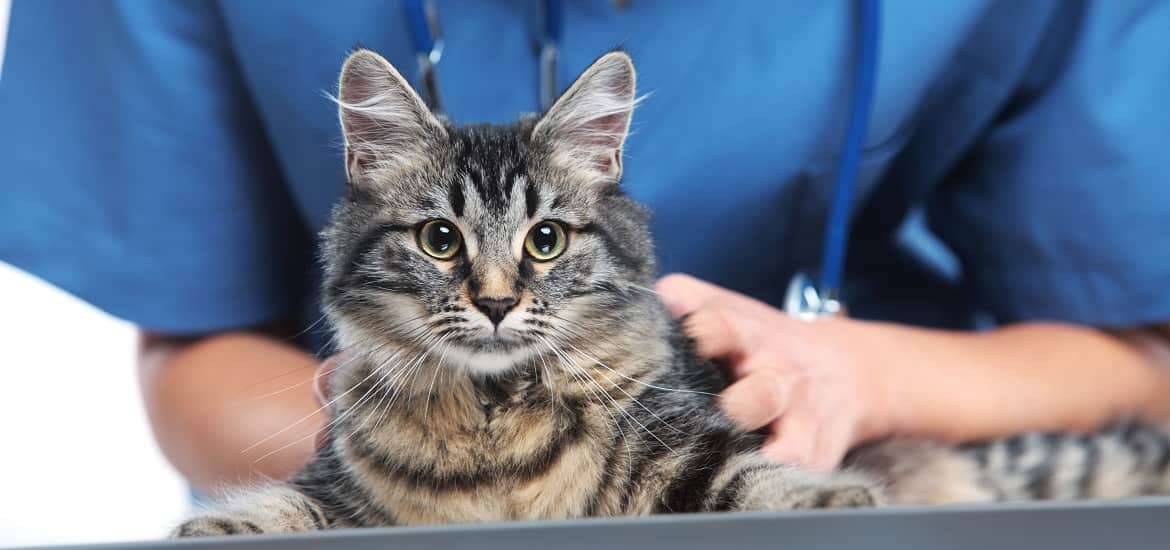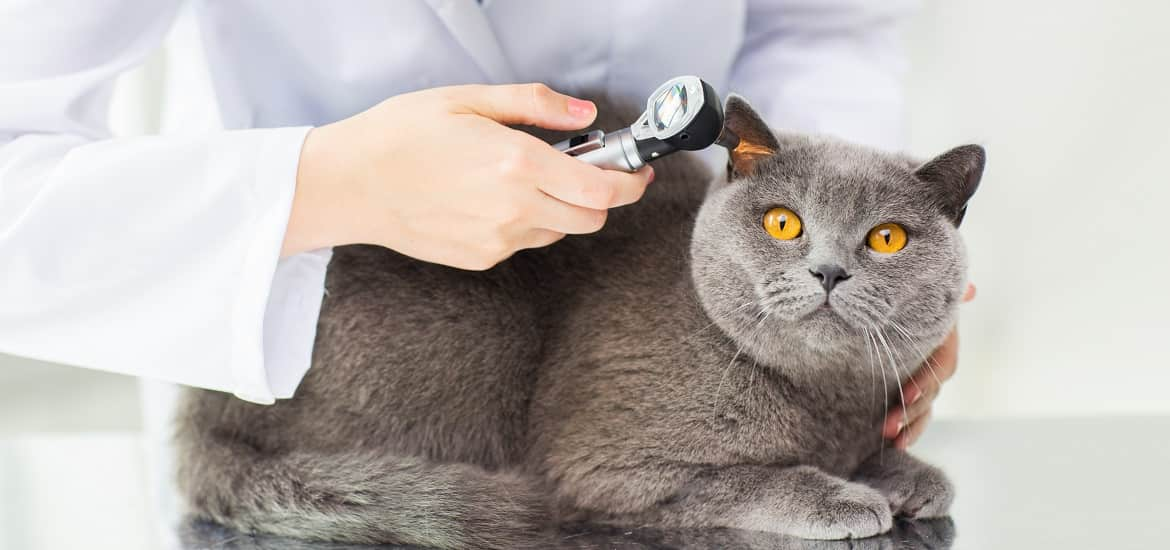Sep 15, 2020, 1:14 PM
It is vital to get your pet checked by a veterinarian at least once in a year. Doing so can help you to spot potential health issues before symptoms appear and thereby nip the problem in the bud. Additionally, early detection of a possible disease can also help the owner to avoid expenses associated with treatments if the condition goes undetected. In this write-up, we’ll be discussing the common activities included in a typical wellness examination and why it is crucial for your pet.

What is Included?
Your pet’s annual vet check-up will include a physical exam, diagnostic screening tests such as blood and urine, and a review of the results.
Physical Exam
The physical checkup is an integral part of the annual examination as it helps in identifying physical abnormalities such as lumps and lesions. Your veterinarian will also look at the animal’s teeth, weight, joints, skin, and ears, to identify any potential signs of illness.
Diagnostic Tests
A routine blood test can help in identifying numerous conditions such as anemia, inflammation, infection, stress, and abnormal blood count, to name a few. Results from diagnostic screening tests will help the veterinarian to evaluate the animal’s internal health and suggest an appropriate treatment module to improve on it.
Review & Treatment Plan
Your veterinarian, based on the results of the physical exam and diagnostic test, will make necessary recommendations and formulate a treatment plan based on the underlying health conditions.

What Veterinarians Look at During a Wellness Exam
An annual veterinary examination can also be termed as a nose-to-tail checkup. The test will cover all of your pet’s major bodily systems and ensure that they are functioning as required.
- Liver – A damaged liver may have trouble in managing proteins, fat, digestion, and waste. The problem can be caused as a result of medication, disease, or even blockage.
- Heart & Lungs – Using a veterinary stethoscope, your veterinarian will listen to your companion’s heart and lungs to check for any murmurs or lung sounds.
- Pancreas & Intestine – Problems to digestive organs such as pancreas and intestine can arise due to problems such as inflammation of the pancreas, diabetes, and even cancer. Animals suffering from such conditions may experience gradual weight loss and loss of appetite.
- Kidneys – From remove toxins from the blood to controlling pH levels, kidneys play a vital role in the body. IDEXX SDMA Catalyst testing is extremely useful in detecting kidney disease than other types of tests. It provides a detailed report that is also useful in identifying other conditions that may affect the kidneys.
- Thyroid – Your pet’s metabolism may fall if the animal’s thyroid glands are not secreting the right amount of hormones. Hypothyroidism is a common condition seen in animals, and early detection of the same can help in nullifying its progression.
- Blood – As mentioned, a complete blood count test helps to identify infections and bleeding problems. It is also useful in finding diseases that are caused by parasites.
- Urine – Urine tests are useful in finding problems such as kidney and bladder infections. It can also help in finding certain forms of cancers.
- Feces – Fecal testing can help to identify if the animal is infected by parasites such as worms.
Schedule your pet’s annual veterinary examination today!
